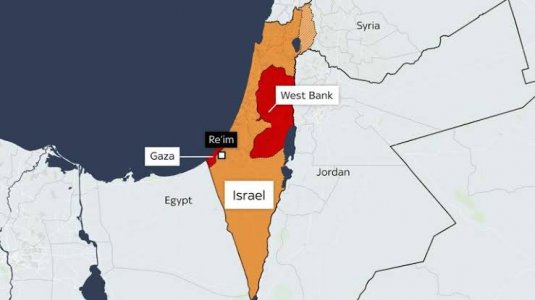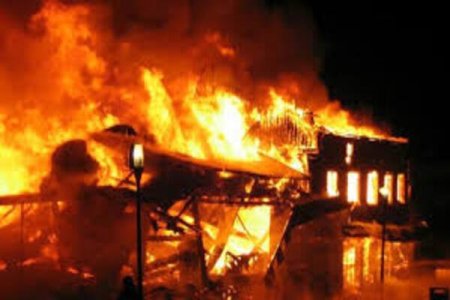
JERUSALEM, October 13, 2023 — A mass exodus occurred in northern Gaza as Israel's military instructed approximately 1 million residents to evacuate to the southern region of the besieged territory in anticipation of a ground invasion. This move follows the surprise attack by Hamas, which had taken place nearly a week prior, prompting retaliation.
The United Nations expressed deep concern over Israel's directive, calling it potentially calamitous. They urged Israel to reverse this unprecedented evacuation order. Throughout the day, airstrikes continued to hit the region as families, carrying their belongings, fled Gaza City in cars, trucks, and even donkey carts
Hamas advised people to ignore the evacuation order, leaving Gaza's population with a challenging choice of whether to stay or leave, with no clear safe option. Hospitals, already overwhelmed with casualties, could not abandon patients.
The ongoing Israeli airstrikes have caused extensive destruction in Gaza, exacerbating the already dire humanitarian situation with limited access to food, water, and medical supplies, along with a near-complete power blackout.
The Gaza Health Ministry reported that, during the week-long conflict, approximately 1,900 individuals were killed, more than half of whom were under the age of 18 or women. Meanwhile, the Israeli government reported over 1,300 civilian casualties from the Hamas attack, which took place last Saturday. It also reported roughly 1,500 Hamas militants killed in the fighting.
The Israeli military conducted temporary raids into Gaza to battle militants and search for around 150 people abducted in the Hamas attack. These raids mark the first entry of Israeli ground troops into Gaza since the commencement of the round-the-clock bombardment.
While this evacuation order could be seen as a prelude to a ground offensive, it has not been officially announced. Israel has amassed troops along the Gaza border, which might indicate preparation for a potential ground invasion, bringing higher casualties on both sides and increased challenges for the civilian population





